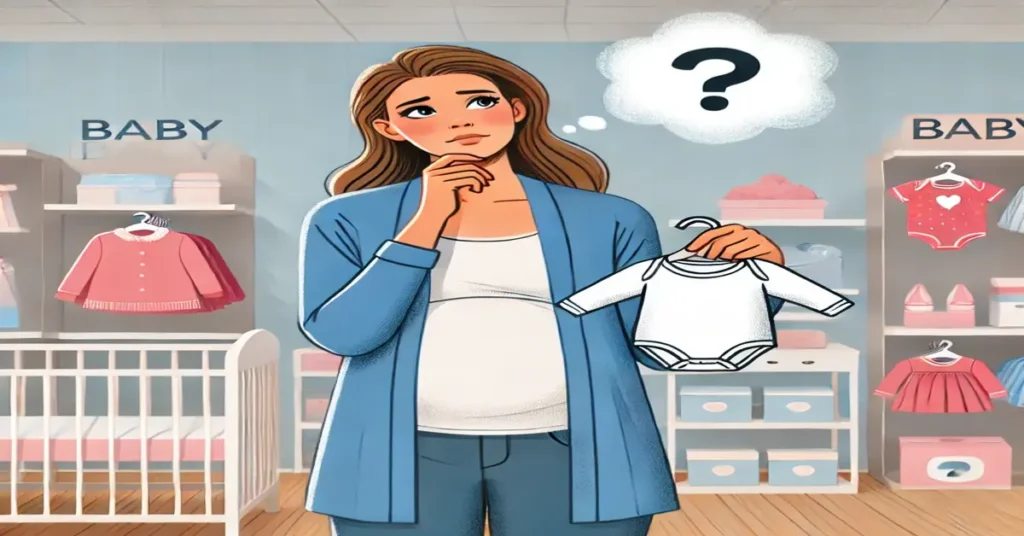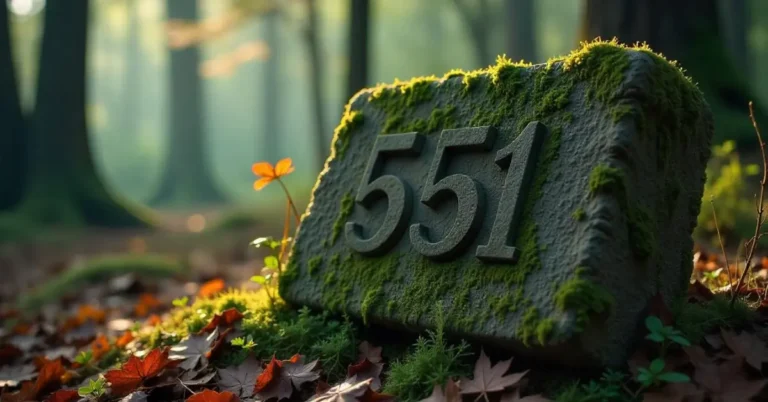Welcoming a baby into the world is an exciting time for any parent-to-be. However, there is an age-old superstition that buying baby items too Baby Stuff Early may bring bad luck. This belief varies across cultures and personal experiences, leaving many expectant parents wondering if they should wait until later in pregnancy to start shopping. But is there any truth to this superstition? Or is it simply an outdated myth? In this article, we will explore the origins of this belief, cultural perspectives, psychological impacts, and practical considerations of buying baby items early.
Table of Contents
ToggleThe Origins of the Superstition
The idea that purchasing baby products too early invites bad luck is deeply rooted in various cultures and traditions. Many believe that preparing for a baby before its safe arrival tempts fate, increasing the chances of complications or loss.
Historically, high infant mortality rates contributed to this belief. In earlier times, medical knowledge and healthcare facilities were not as advanced, making pregnancy a risky journey. As a result, people were hesitant to celebrate a pregnancy before the Baby Stuff Early was safely born.
Certain religious or spiritual beliefs also promote caution. For example, in some cultures, people believe that evil spirits may become aware of the unborn child if preparations are made too soon, potentially causing harm.
Cultural Perspectives on Buying Baby Stuff Early
Western Cultures
In many Western countries, there is a mix of beliefs regarding early baby shopping. Some parents have no hesitation in purchasing items as soon as they confirm their pregnancy, while others prefer to wait until after the first trimester when the risk of miscarriage significantly decreases.
Retail businesses in Western societies encourage Baby Stuff early shopping through baby registries, sales, and personalized planning. However, some families still choose to wait until later in pregnancy, often around the third trimester.
Asian Beliefs
In Chinese culture, many families follow traditional customs that discourage buying baby items too early. The belief is rooted in the idea of avoiding bad luck and not celebrating prematurely. Baby showers and nursery preparations often take place only after birth.
Similarly, in Indian culture, many families do not hold baby showers or purchase baby products until the last trimester. Some even wait until after the baby is born to make major purchases, ensuring the child’s safe arrival before making commitments.
Middle Eastern and African Traditions
In some Middle Eastern cultures, families also refrain from buying baby items too early due to religious or superstitious beliefs. Some believe that Allah’s will is supreme, and making early preparations could be seen as assuming the future, which is uncertain.
In African traditions, the community plays a significant role in supporting new parents. In many cases, gifts and necessary items are provided only after the baby is born, reinforcing the belief in waiting.
The Psychological Impact of Waiting vs. Preparing Baby Stuff Early
Anxiety and Stress Reduction
For some parents, early preparation brings peace of mind. Having a well-prepared nursery and essential baby items can reduce stress as the due date approaches. It allows expectant parents to focus on health and emotional well-being without last-minute worries.
Conversely, those who believe in waiting might feel anxious or unprepared if the baby arrives earlier than expected. The fear of bad luck could also create unnecessary stress, affecting overall pregnancy experience.
Financial Planning and Budgeting Baby Stuff Early
Buying Baby Stuff Early items early can help parents budget better. Spreading out purchases over several months may ease financial strain rather than making all purchases at once. It also allows parents to take advantage of discounts, seasonal sales, and registry perks.
On the other hand, waiting until the last moment may lead to rushed purchases, potentially leading to overspending or missing out on better deals.
Scientific and Logical Considerations
There is no scientific evidence to support the idea that buying Baby Stuff Early products early brings bad luck. Pregnancy outcomes are influenced by genetics, healthcare, lifestyle choices, and environmental factors rather than superstitions.
Modern medicine and prenatal care have significantly reduced the risks associated with pregnancy. Doctors often encourage parents to plan ahead for a smooth transition after birth. Having essential baby gear ready can prevent unnecessary stress, especially if unexpected circumstances arise, such as early labor.
When Is the Right Time to Start Buying Baby Stuff?
While there is no universal rule, many parents follow practical guidelines:
- First Trimester (Weeks 1-12): Most parents choose to wait during this period since the risk of miscarriage is highest. However, some may purchase small, non-essential items as a symbolic way to celebrate pregnancy.
- Second Trimester (Weeks 13-27): This is often considered the best time to start shopping. The risk of pregnancy complications decreases, and parents feel more confident in preparing for the baby’s arrival.
- Third Trimester (Weeks 28-40): By this stage, most parents finalize their purchases, ensuring they have all the essentials before labor begins.

Pros and Cons of Buying Baby Stuff Early
Pros:
- Reduces Last-Minute Stress: Parents can focus on health and relaxation in the final weeks of pregnancy.
- Budget-Friendly: Spreading out expenses prevents financial burden.
- More Choices: Shopping early allows time for research, product comparisons, and better deals.
- Avoids Unexpected Shortages: Some items may be out of stock or require pre-ordering.
Cons:
- Superstitious Concerns: Some parents may feel uneasy if they strongly believe in cultural taboos.
- Storage Issues: If living space is limited, storing baby gear for months can be challenging.
- Changing Preferences: As pregnancy progresses, parents might discover new products or change their minds about earlier purchases.
Balancing Tradition with Practicality
For those torn between cultural beliefs and practicality, a balanced approach may help. Parents can:
- Wait until the second trimester before making major purchases.
- Buy essential items gradually while avoiding overwhelming early preparations.
- Keep purchases discreet if concerned about family or cultural expectations.
- Focus on universal necessities like maternity wear, prenatal vitamins, and parenting books before buying baby-specific items.
Conclusion
While the belief that buying Baby Stuff Early brings bad luck is deeply ingrained in some cultures, there is no scientific basis for this superstition. Preparing early can provide peace of mind, financial advantages, and a smoother transition to parenthood.
Ultimately, the decision should be based on personal comfort, beliefs, and practical considerations rather than fear. Whether parents choose to shop early or wait, the most important thing is ensuring a safe, loving, and well-prepared environment for the baby’s arrival.
FAQs
Is it really bad luck to buy baby stuff early?
There is no scientific evidence to support this belief, but cultural traditions and personal experiences influence opinions on this topic.
When is the best time to start buying baby essentials?
Many parents begin shopping during the second trimester when the risk of complications is lower.
What are the benefits of buying baby items early?
Early shopping helps with budgeting, reduces last-minute stress, and ensures availability of preferred products.
Are there any items I can buy early without superstition concerns?
Yes, maternity clothes, prenatal vitamins, and parenting books are safe purchases at any time.
What if my culture discourages early shopping?
If cultural beliefs discourage early purchases, consider discreetly planning or waiting until later in pregnancy to shop.










